Bakuchiol vs Retinol and Retinoids — Which Is Better for You?
Written by: Radhika Sen
Updated on: 17th July 2025
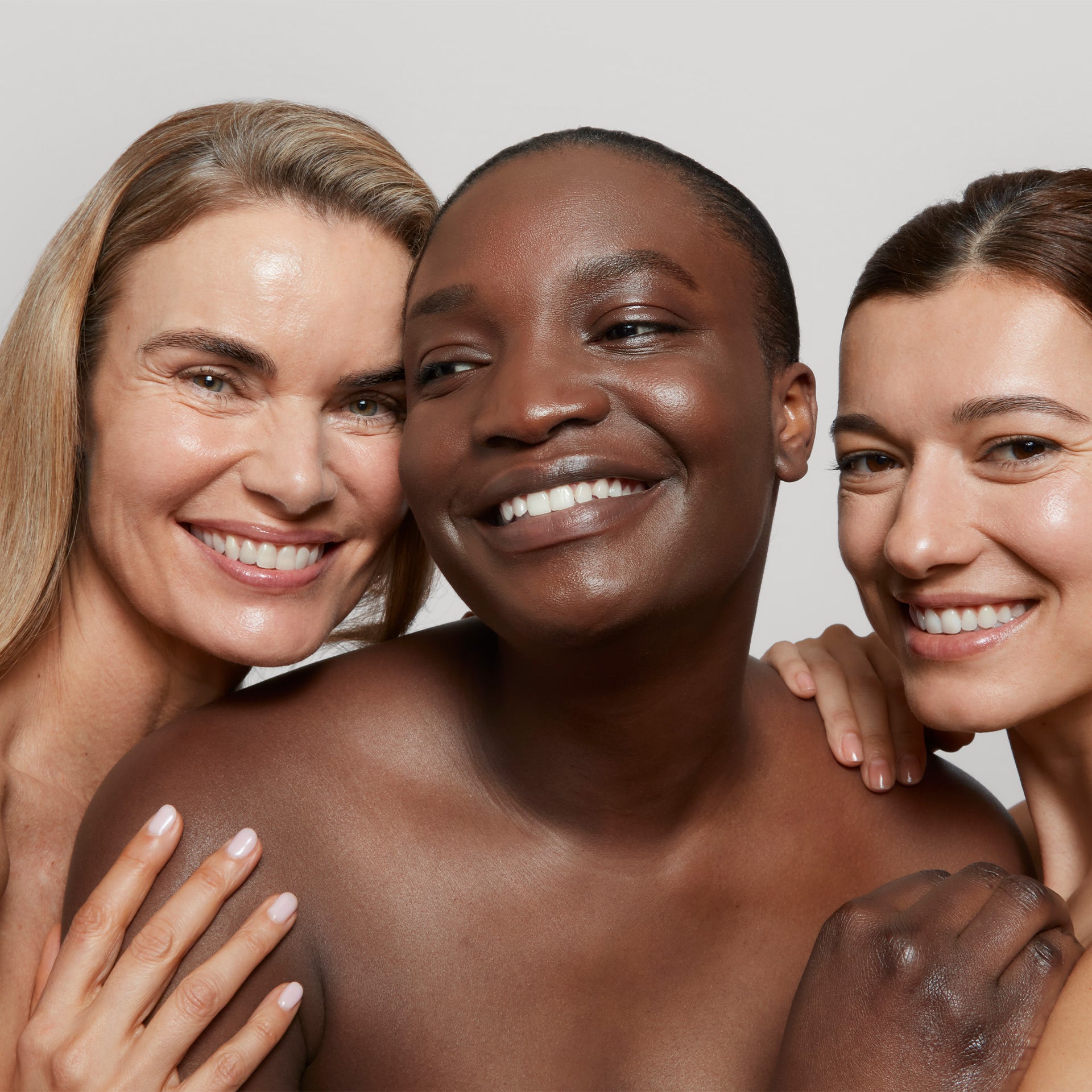
In the ever-evolving world of skincare, bakuchiol has emerged as a buzz-worthy ingredient, captivating attention for its remarkable youth-boosting benefits. Often compared to retinoids and vitamin A, bakuchiol is celebrated for its efficacy and stands out as a plant-based alternative.
This sudden surge in popularity has sparked a lively debate among skincare enthusiasts and professionals: with such similar benefits, which ingredient reigns supreme? Are bakuchiol and retinoids interchangeable, or should they be used in different contexts?
Although many of us can handle the powerhouse ingredient retinol, it may not sit well with the sensitive skin community. That’s where bakuchiol comes in. Known to do everything vitamin A does for the skin - it’s also safe for pregnant women and those breastfeeding.
This article delves into these questions, offering a comprehensive comparison between bakuchiol and retinoids. We will explore their respective benefits, and optimal usage, and address why bakuchiol has garnered acclaim for its gentler profile and minimal adverse effects compared to traditional retinoids.
Is bakuchiol truly nature’s answer to retinoids? Yes, but also we will let you decide for yourself.
What is bakuchiol?
Bakuchiol (pronounced bah-koo-chee-ol) is a natural compound derived from the seeds and leaves of the Psoralea corylifolia plant, commonly known as babchi. This plant has a long history of use in traditional Ayurvedic and Chinese medicine.
Some are calling it a ‘natural retinoid’ or a retinoid replacement because it can have a very similar effect on our skin — minus photosensitivity and skin irritation.
Bakuchiol works on the skin by promoting cell turnover, similar to retinoids, but without the associated irritation. It stimulates collagen production, which helps reduce the appearance of fine lines and wrinkles, improves skin elasticity, and evens skin tone. Additionally, bakuchiol has antioxidant properties that protect the skin from environmental damage and reduces the appearance of pigmentation.
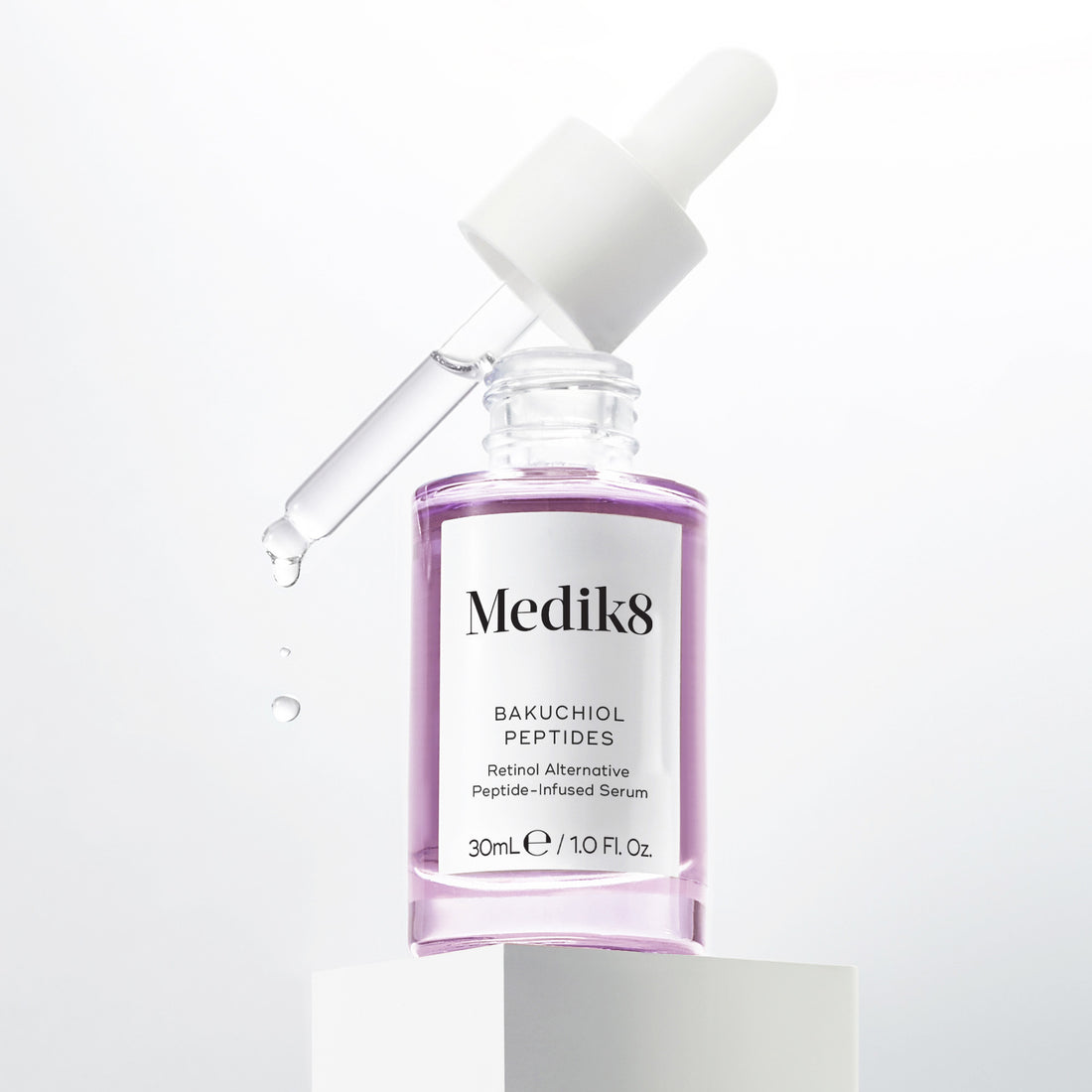
Benefits Of Bakuchiol
✓ Reduces Fine Lines and Wrinkles:
Encourages collagen production, resulting in smoother skin.
✓ Improves Skin Elasticity: Enhances skin firmness and resilience.
✓ Evens Skin Tone: Helps to fade pigmentation and refine overall skin texture.
✓ Gentle on Skin: Provides the benefits of retinoids without the typical irritation, making it suitable for sensitive skin.
✓ Antioxidant Properties: Protects against environmental damage and oxidative stress.
What are retinoids?
When it comes to anti-ageing skincare, retinol has always ruled supreme. Retinoids are a class of compounds derived from vitamin A, a vital nutrient for skin health. Retinoids work by promoting cell turnover and stimulating collagen production, leading to a reduction in fine lines, wrinkles, and uneven skin tone.
At Medik8, we use 3 main types of retinoids; retinol, retinaldehyde (retinal) and retinyl retinoate. All our vitamin A formulas are infused with Time Release and stabilisation technologies to gradually infuse the active into the skin throughout the night, ensuring minimal irritation.
Retinol:
The most commonly used form in over-the-counter skincare products. It is effective but tends to work slowly, as it needs to be converted into retinoic acid by the skin.
Retinaldehyde (Retinal):
A more potent form of retinol, offering faster results due to its closer proximity to retinoic acid in the conversion process.
Retinyl Retinoate:
A hybrid molecule that combines retinol and retinoic acid, providing both benefits with reduced irritation. It is known for its stability and efficacy in anti-ageing treatments.
Benefits of Retinoids:
✓ Reduces Fine Lines and Wrinkles: By promoting collagen synthesis, retinoids help smooth out wrinkles and fine lines.
✓ Improves Skin Texture and Tone: Retinoids accelerate cell turnover, resulting in a more even skin tone and smoother texture.
✓ Fights Acne: They help to unclog pores and prevent breakouts, making them effective in acne treatment.
✓ Stimulates Collagen Production: Enhances skin firmness and elasticity, reducing sagging.
✓ Reduces Hyperpigmentation: Helps to fade dark spots and hyperpigmentation, leading to a more uniform complexion.
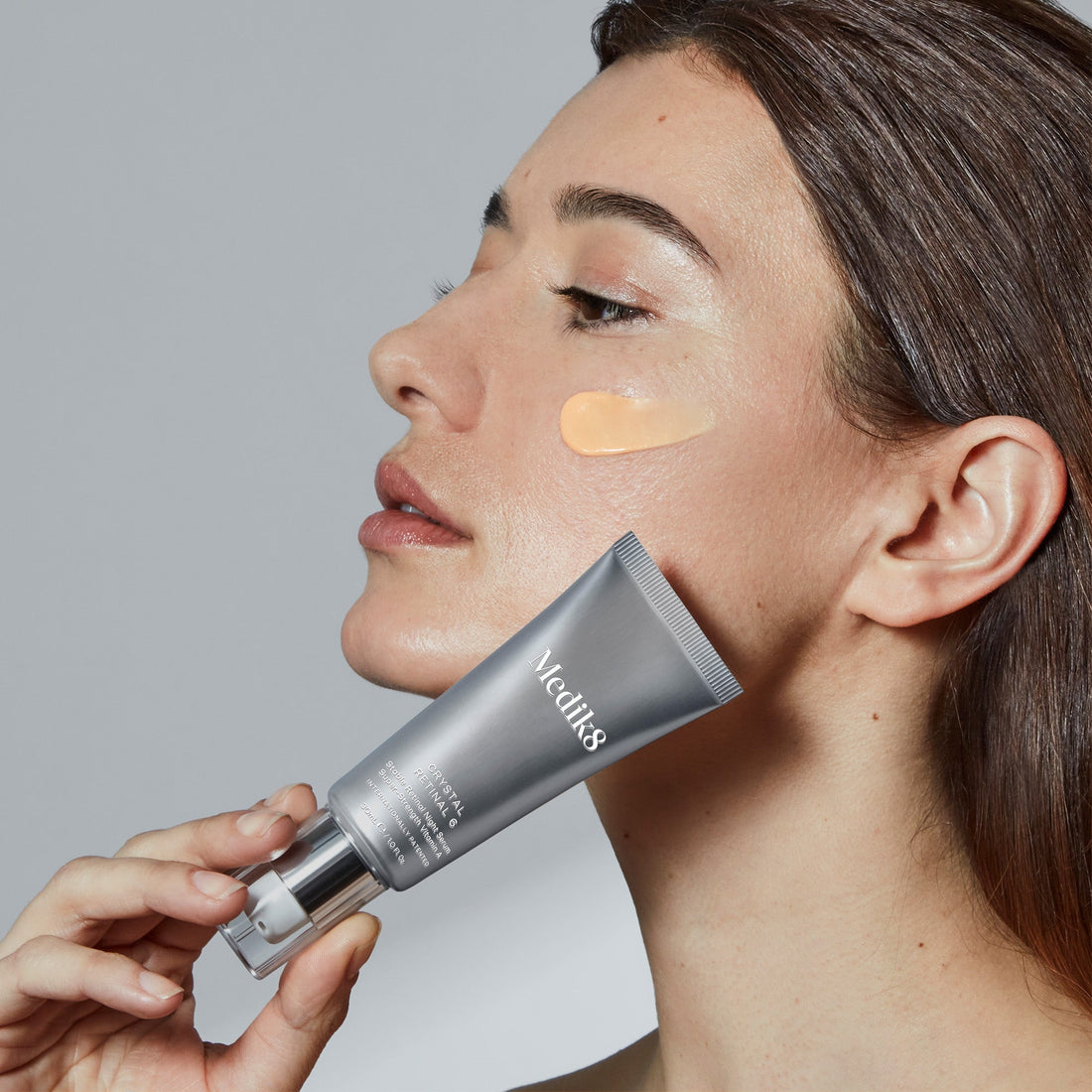
Retinoids are a cornerstone of many skincare routines due to their proven effectiveness, but they can be potent and sometimes cause irritation, especially when first introduced. It’s essential to start with lower concentrations and gradually build up to avoid adverse effects.
Bakuchiol vs retinol: How do they compare
Both are lauded for their transformative effects on the skin, but how do they stack up against each other? We'll examine the origins, mechanisms of action, benefits, and potential side effects of each, providing you with a comprehensive understanding of when and how to use these ingredients for optimal results. Whether you're deciding between bakuchiol and retinol or considering incorporating both into your skincare routine, this comparison will guide you through the key aspects to make an informed choice.
At Medik8 we’re Experts in Vitamin A and the proud pioneers of a patented retinal stabilisation system that’s reinvented the vitamin A category. Each form of retinoid used in Medik8 products offers unique benefits:
Retinol:
Known for its gradual release formula, reducing the risk of irritation while providing effective anti-ageing results. Not only do all our retinol products feature time-released technology, they are also all analytically tested for stability so you know that the first drop you use is as potent as the very last.
Retinal:
Clinically proven to act 11x faster than retinol* with a gentle touch, making it suitable for those looking for quicker improvements without significant irritation.
*G. Siegenthaler et al., Retinol and retinal metabolism, Biochemical Journal, 1990, 268, pp 371-378
Retinyl Retinoate:
Combines the benefits of retinol and retinoic acid, providing powerful age-defying effects with minimal irritation.
Usage
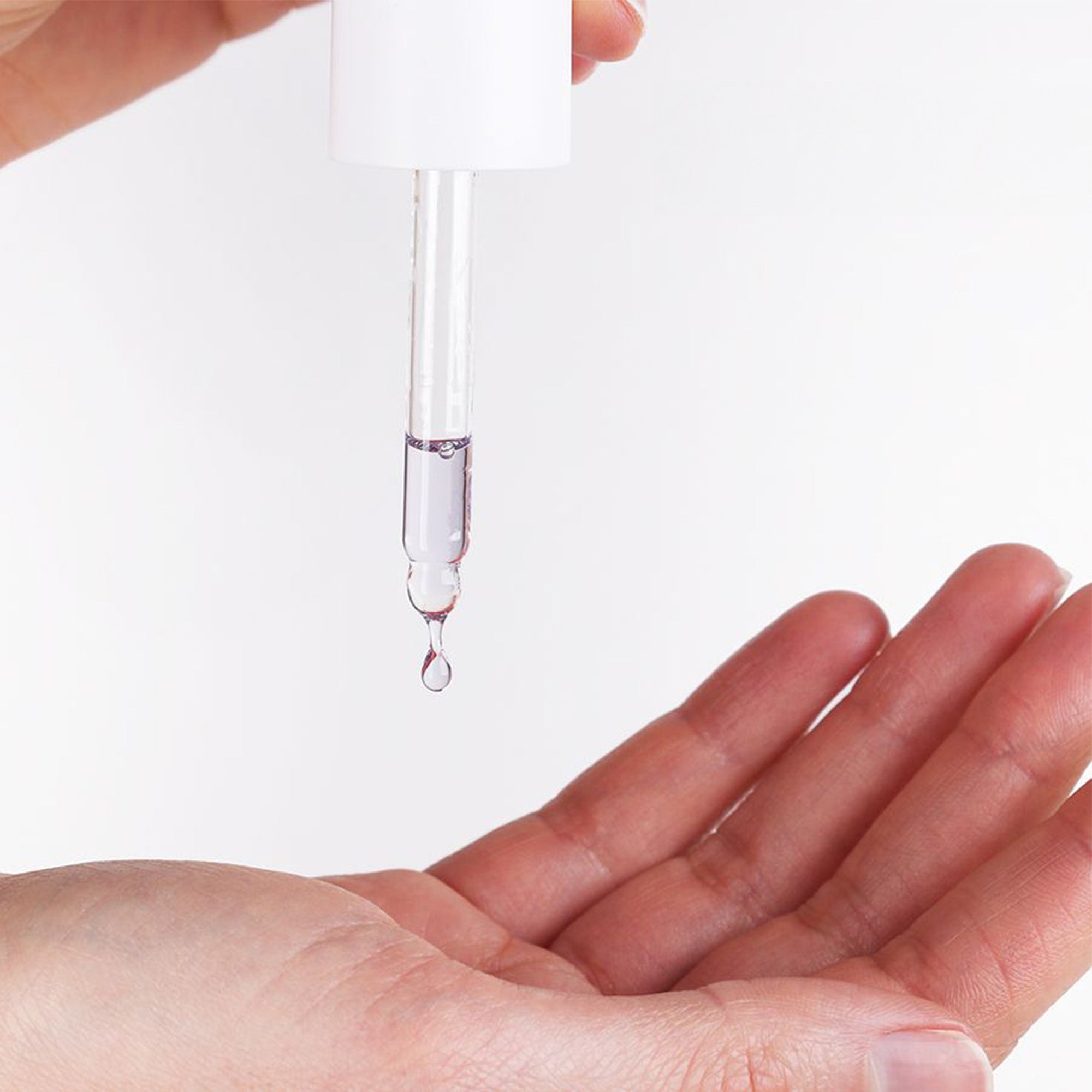
Bakuchiol
One of the standout features of bakuchiol is its flexibility and ease of use. Unlike retinoids, bakuchiol does not require a gradual introduction into your skincare routine. It is gentle enough for both morning and evening applications and doesn’t make your skin more sensitive to the sun, though sunscreen is always recommended as part of any skincare routine.
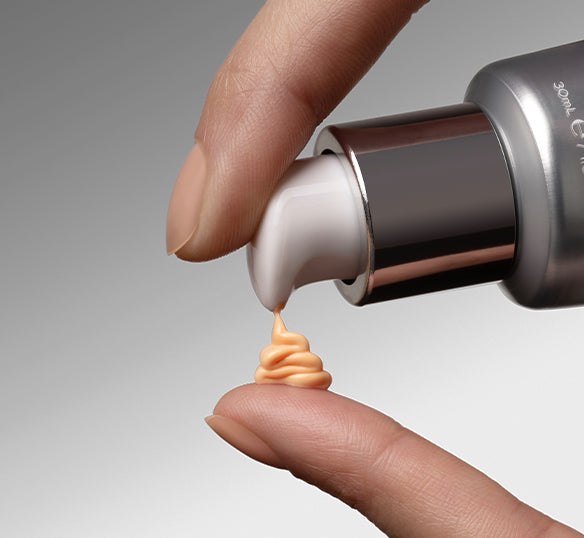
Retinoids
Retinoids, on the other hand, need to be introduced gradually to allow your skin to build tolerance and minimise potential irritation. Typically, they are applied at night due to their sensitivity to sunlight, which can degrade the active ingredient and increase the risk of sunburn.
We recommend starting low and slow. First, start with an entry-level strength product, such as our Intelligent Retinol 3TR or Crystal Retinal 3 twice a week for the first 2 weeks, then once every other night for 2 weeks, and then nightly application. Once your skin has built up a tolerance to the ingredient, you can move on to a higher-strength vitamin A.
If your skin is tolerating it well, you should still wait to finish your initial product before considering upping your retinol strength – it usually takes around six weeks to finish a product.
Skin sensitivity and irritation
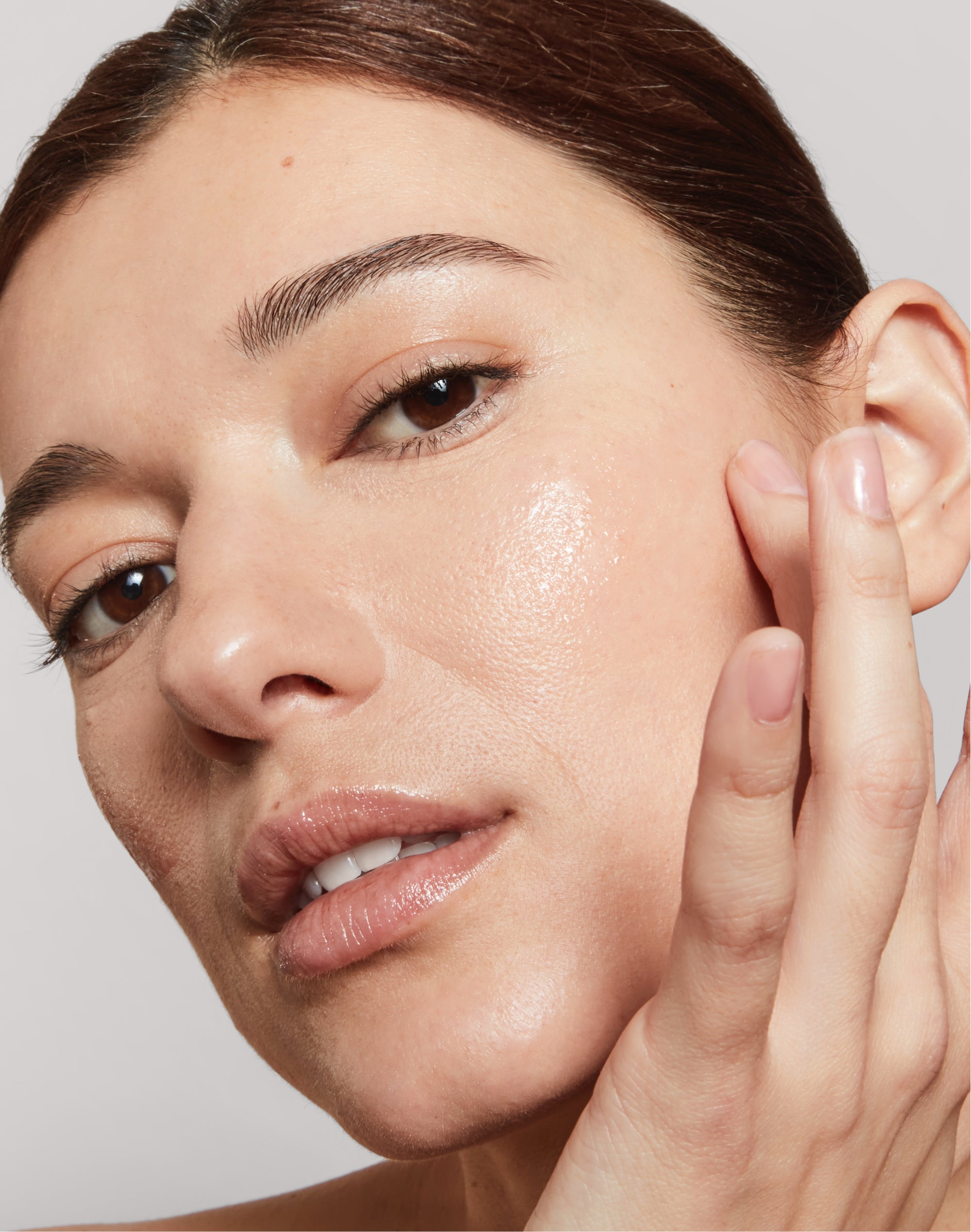
Bakuchiol
Bakuchiol is renowned for its gentle nature, making it an excellent choice for individuals with sensitive skin. Unlike retinoids, bakuchiol does not typically cause the common side effects associated with retinoid use, such as redness, peeling, or dryness. This plant-based alternative works effectively without compromising the skin's barrier, providing anti-ageing benefits and enhancing skin texture without irritation. Bakuchiol is suitable for use both morning and night, and its stability under sunlight adds to its versatility, making it a well-tolerated option for most skin types.
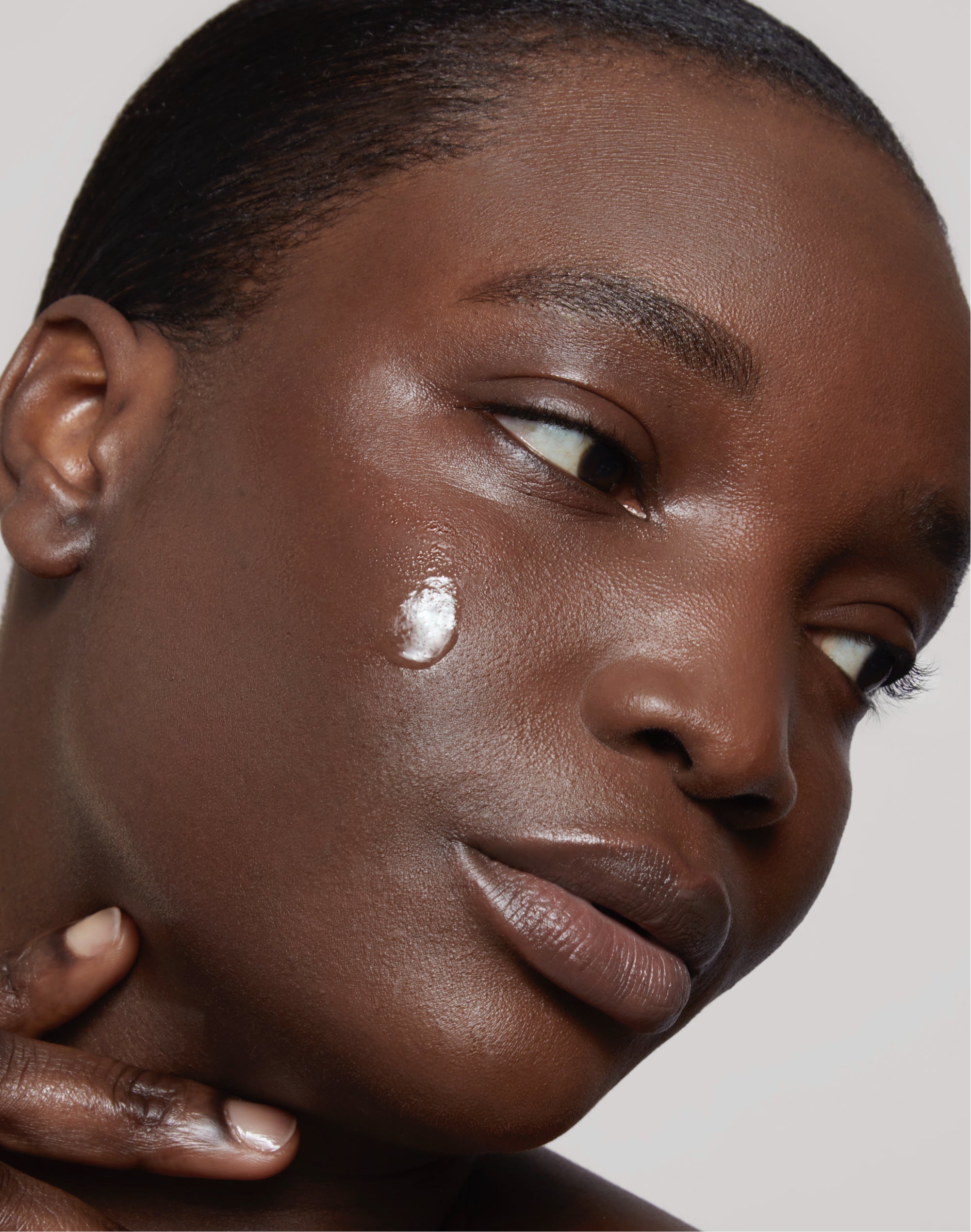
Retinoids
If you're new to retinoids, you might notice some mild irritation, redness, or dryness — especially if used excessively or too frequently. At Medik8, we’ve addressed this by incorporating Time Release and stabilisation technologies into our vitamin A products, allowing for gradual release and minimal irritation. To ease into retinoids, start with a lower concentration and progressively increase. Our Crystal Retinal serum offers a range of 6 progressive strengths, beginning at 0.01% for sensitive skin to 0.24% for expert users, helping you achieve visible results while minimising discomfort.
Antioxidant properties
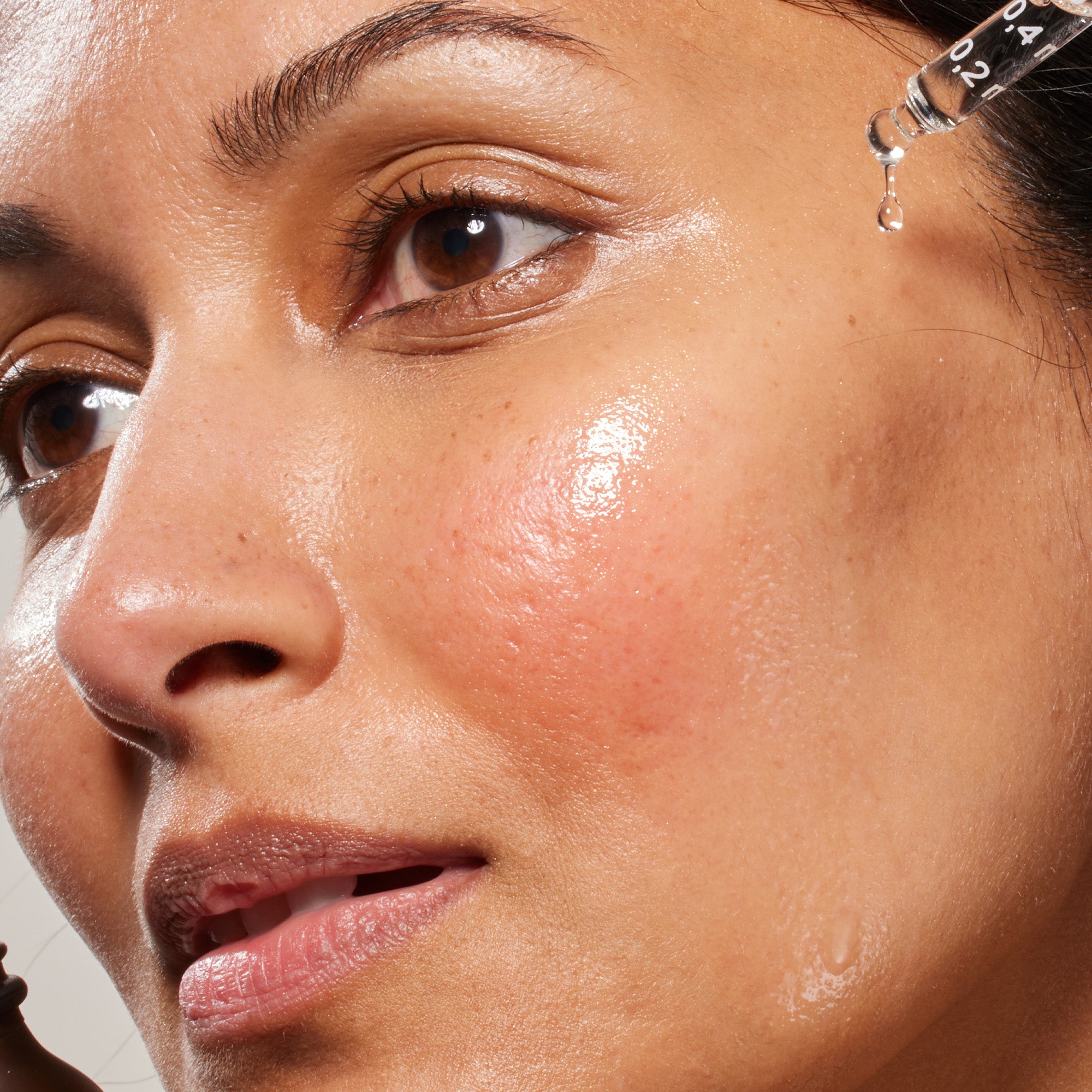
Bakuchiol
Bakuchiol boasts a broad spectrum of antioxidant properties, which contribute significantly to its skincare benefits. Beyond its antioxidant capabilities, which combat free radicals and help prevent premature ageing, bakuchiol also exhibits potent anti-inflammatory and antibacterial properties. These additional attributes make it particularly suitable for individuals with acne-prone or sensitive skin types, as it can help reduce inflammation and manage bacterial proliferation on the skin's surface.
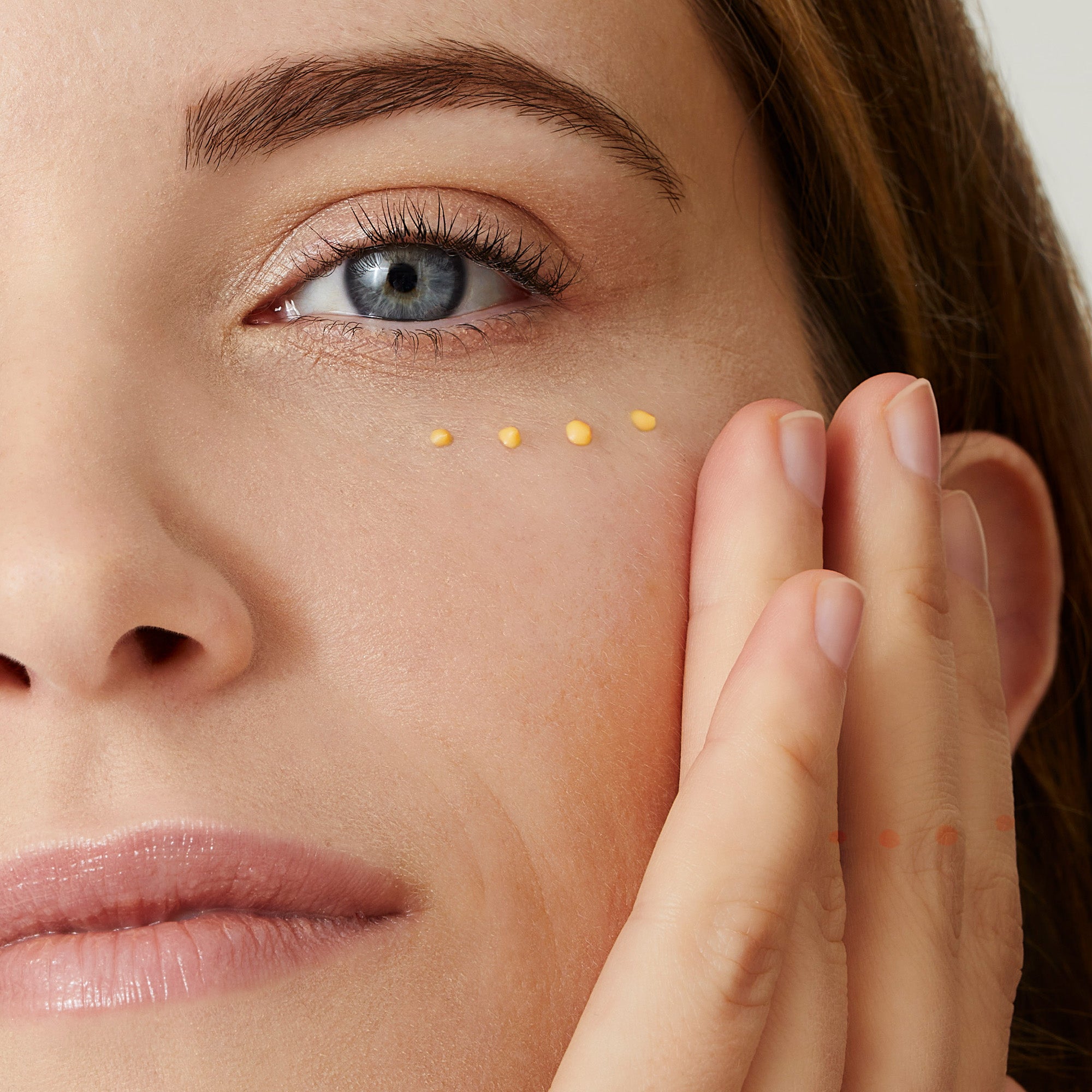
Retinoids
Retinoids, including different forms like retinol and retinaldehyde (retinal), also possess antioxidant properties that protect the skin from oxidative stress caused by free radicals. Retinoids work by accelerating cell turnover, which helps in reducing the appearance of fine lines, wrinkles, and sun damage. Retinaldehyde, in particular, exhibits antibacterial properties, making it effective against acne-causing bacteria and similar in some respects to bakuchiol.
While both bakuchiol and retinoids contribute to maintaining skin health, bakuchiol's broader antioxidant profile, coupled with its anti-inflammatory and antibacterial benefits, makes it a versatile choice for those looking to address multiple skin concerns, including acne and sensitivity, without the potential irritation often associated with retinoids.
Sunlight exposure
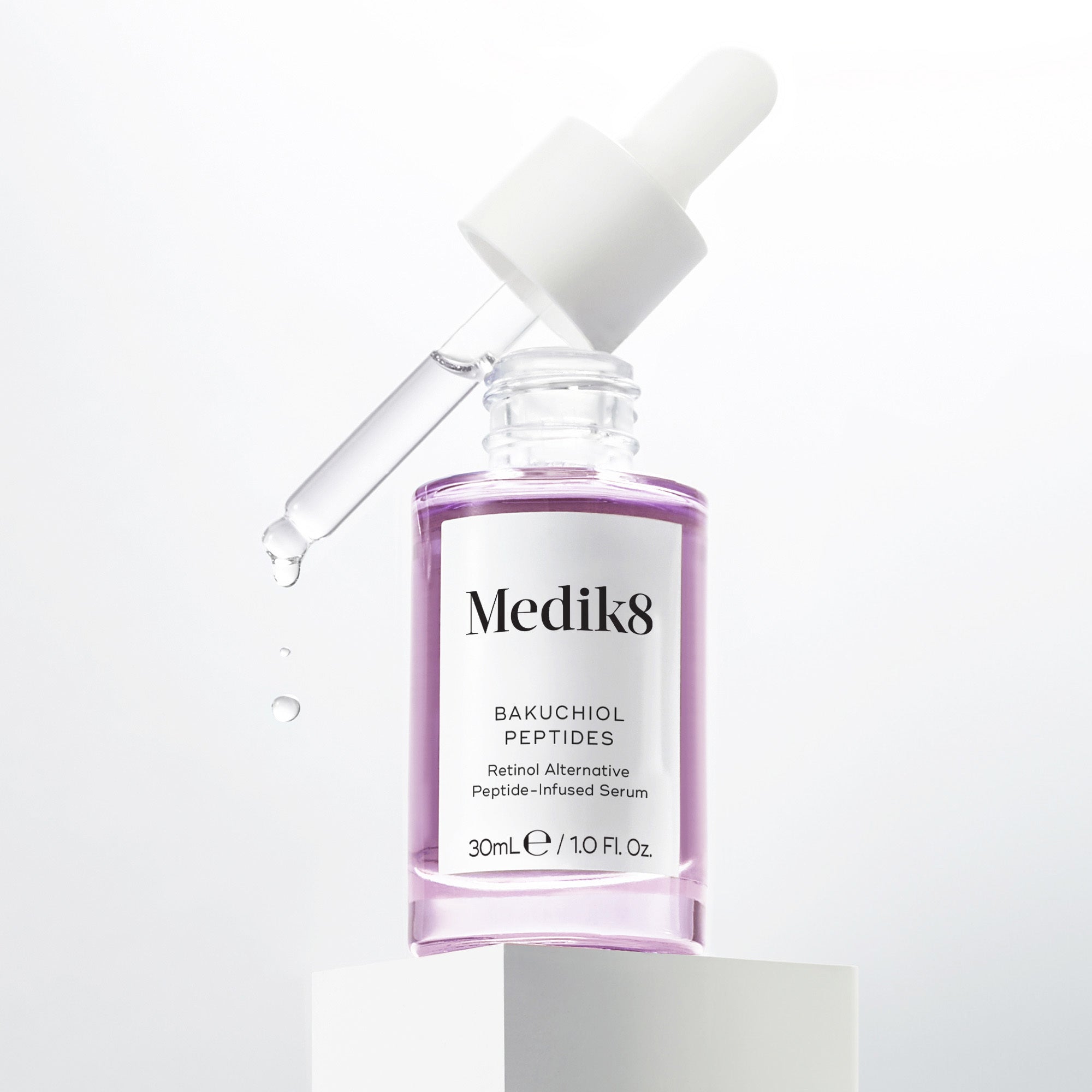
Bakuchiol
Bakuchiol exhibits excellent stability under sunlight exposure, unlike retinoids which can degrade and lose effectiveness when exposed to UV rays. This stability allows bakuchiol to be used safely both during the day and at night without compromising its efficacy. However, it's essential to note that regardless of its tolerance to sunlight, using sunscreen remains crucial to protect the skin from UV damage and maintain overall skin health.
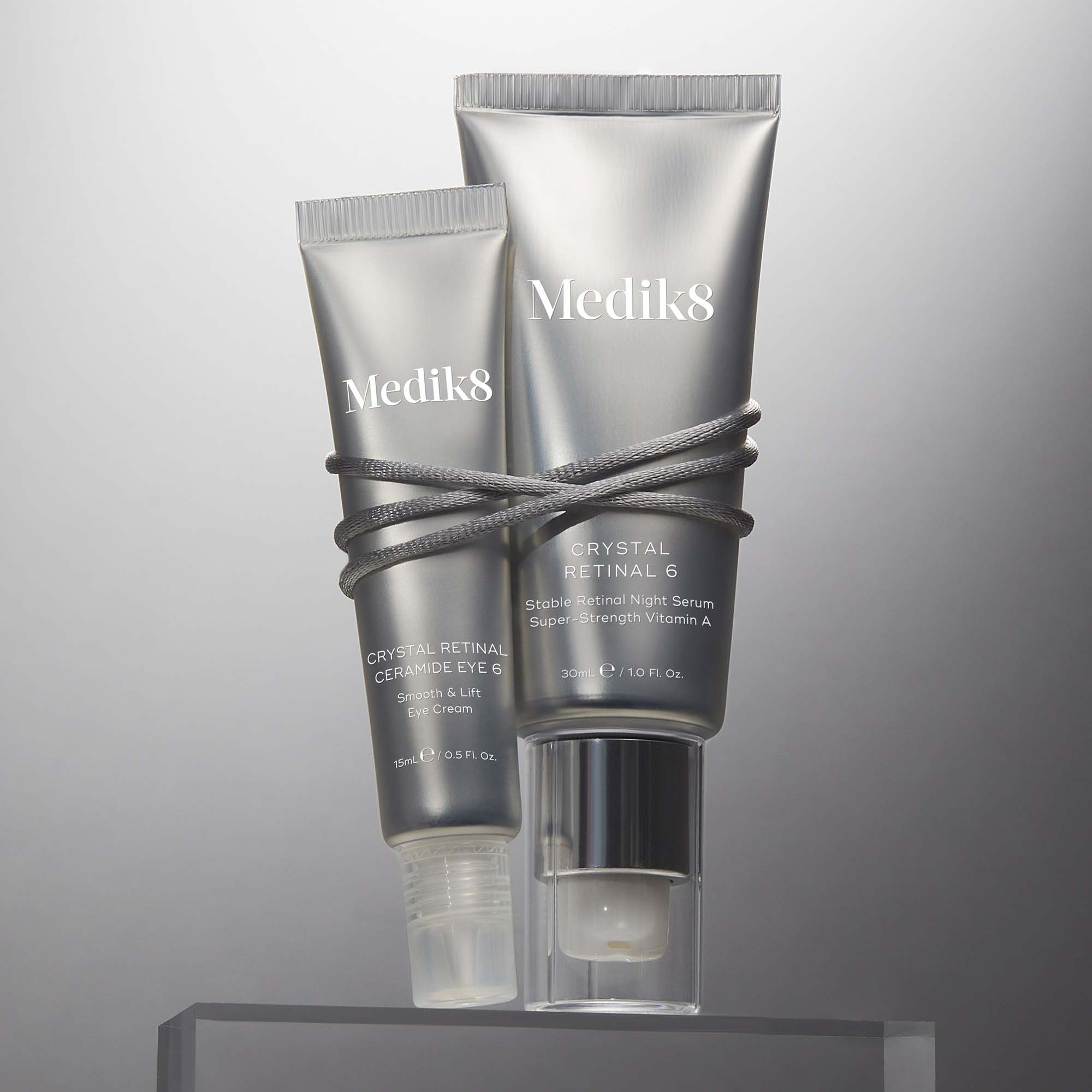
Retinoids
Retinoids, are sensitive to sunlight and can break down when exposed to UV rays. To preserve their potency, retinoids are typically recommended for nighttime use. Sunlight exposure can reduce their effectiveness and increase the risk of skin irritation. Therefore, we would always advise applying retinoids in the evening and follow with sunscreen during the day to prevent potential skin damage from UV exposure.
Skin types
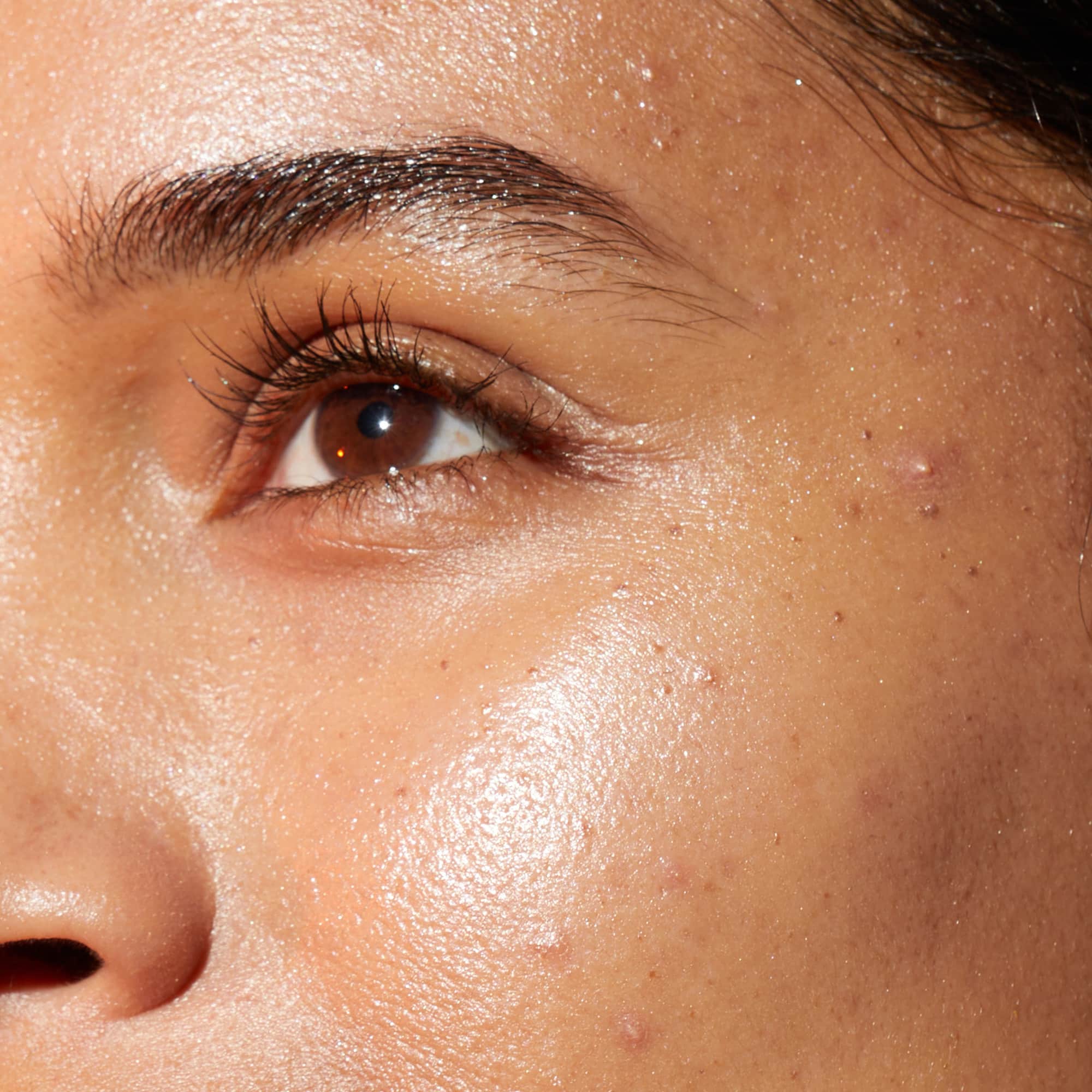
Bakuchiol
Renowned for its gentle yet effective properties, bakuchiol is a skincare powerhouse suited for various skin types, including acne-prone, blemish-prone, and sensitive skin. It helps improve skin texture and tone without irritating, making it an excellent alternative to retinoids for those who experience sensitivity or acne flare-ups.
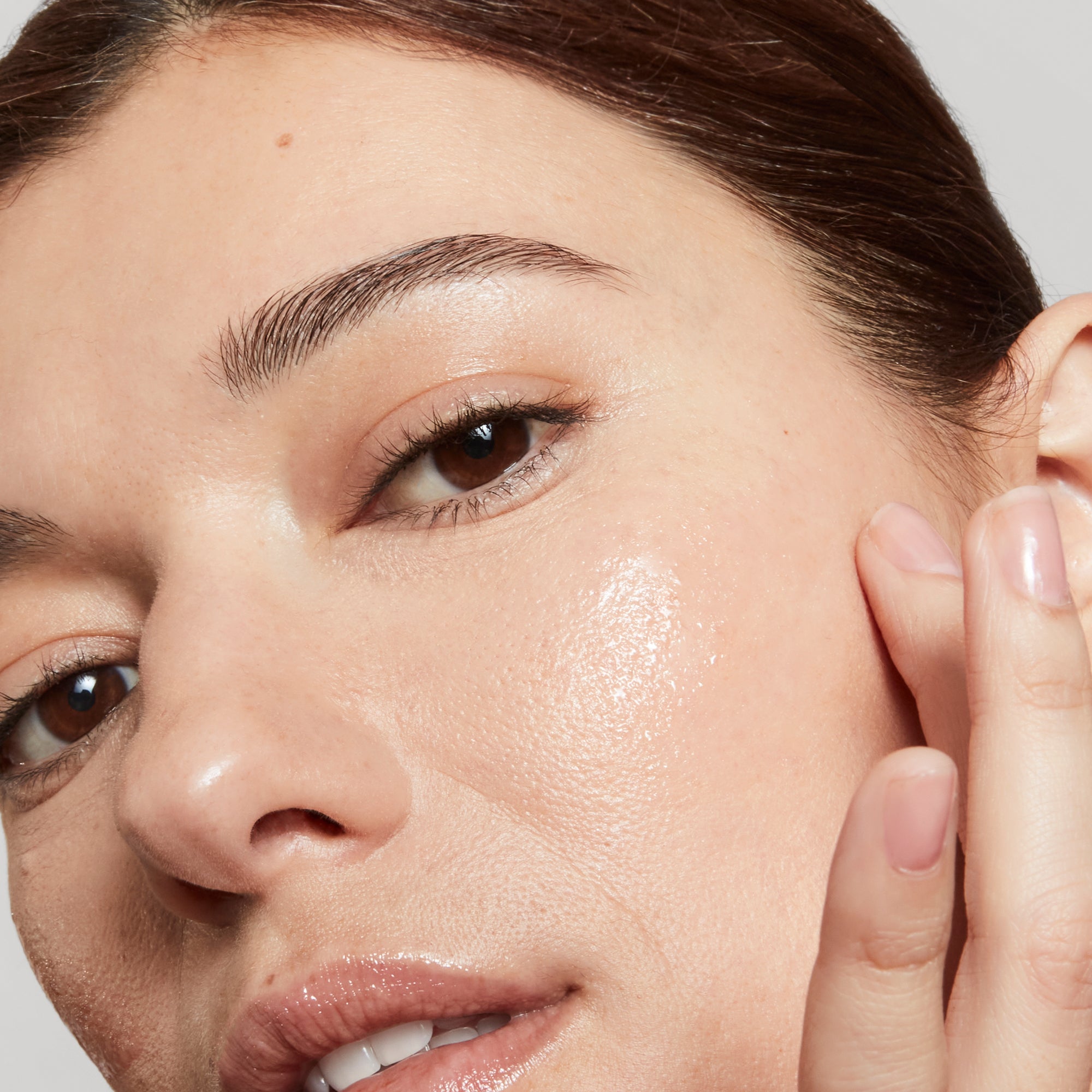
Retinoids
Certain retinoids, such as retinol and retinaldehyde (retinal), are popular with those with blemish-prone skin or visible congestion due to their unique antibacterial properties (which can help to tackle blemish-causing bacteria). However, we would highly recommend phasing it in gradually to allow your skin to build up its tolerance level.
Compatibility with other ingredients
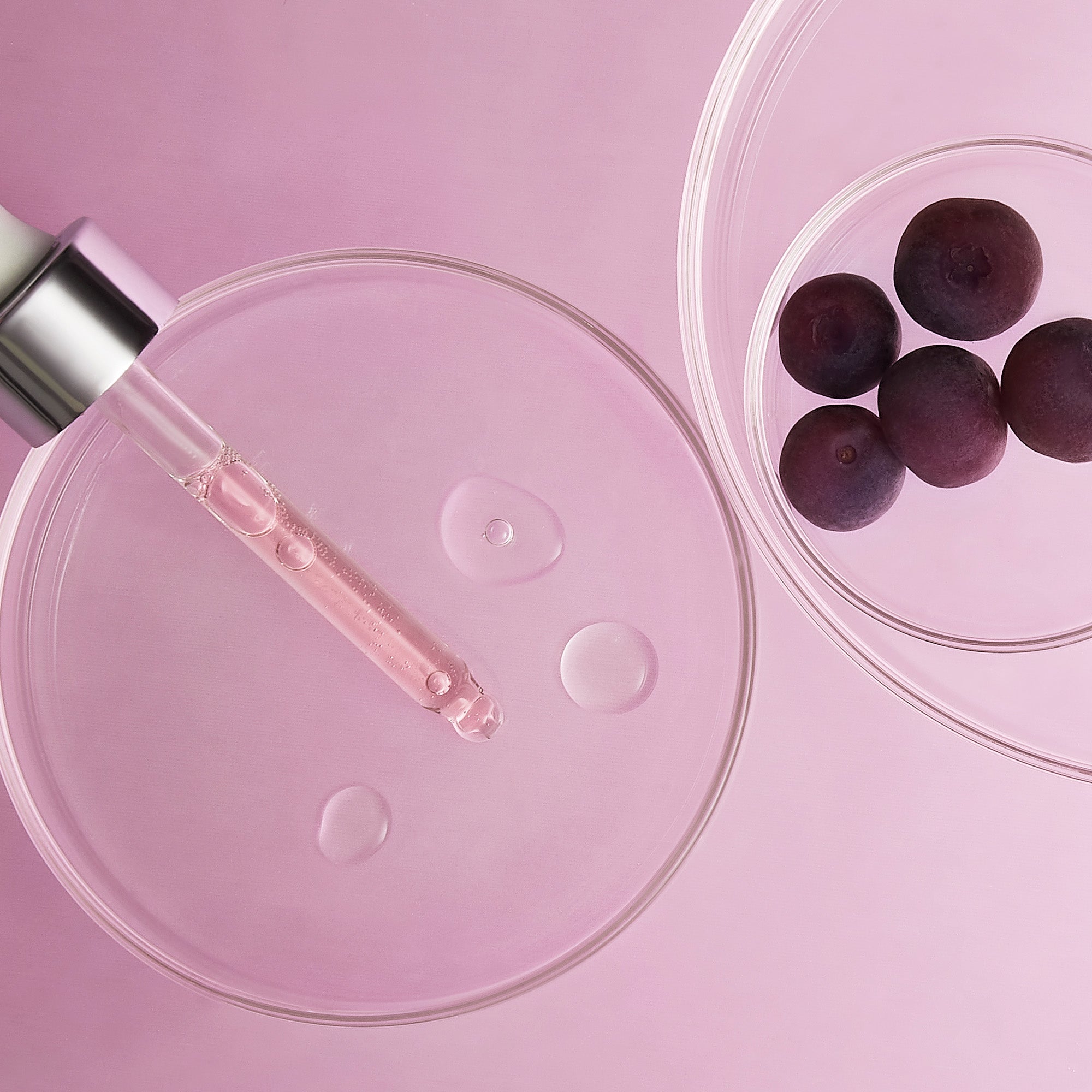
Bakuchiol
Being a team player, bakuchiol is compatible with a wide range of other skincare ingredients, making it an easy inclusion in various skincare regimens. Its gentle nature allows it to be used alongside other active ingredients without significant concerns about interactions or irritation. This includes combining bakuchiol with antioxidants like vitamin C or hydrating ingredients such as hyaluronic acid, enhancing its overall efficacy in addressing multiple skincare concerns. Ceramides, niacinamide, peptides, and gentle exfoliants can also work well with bakuchiol.
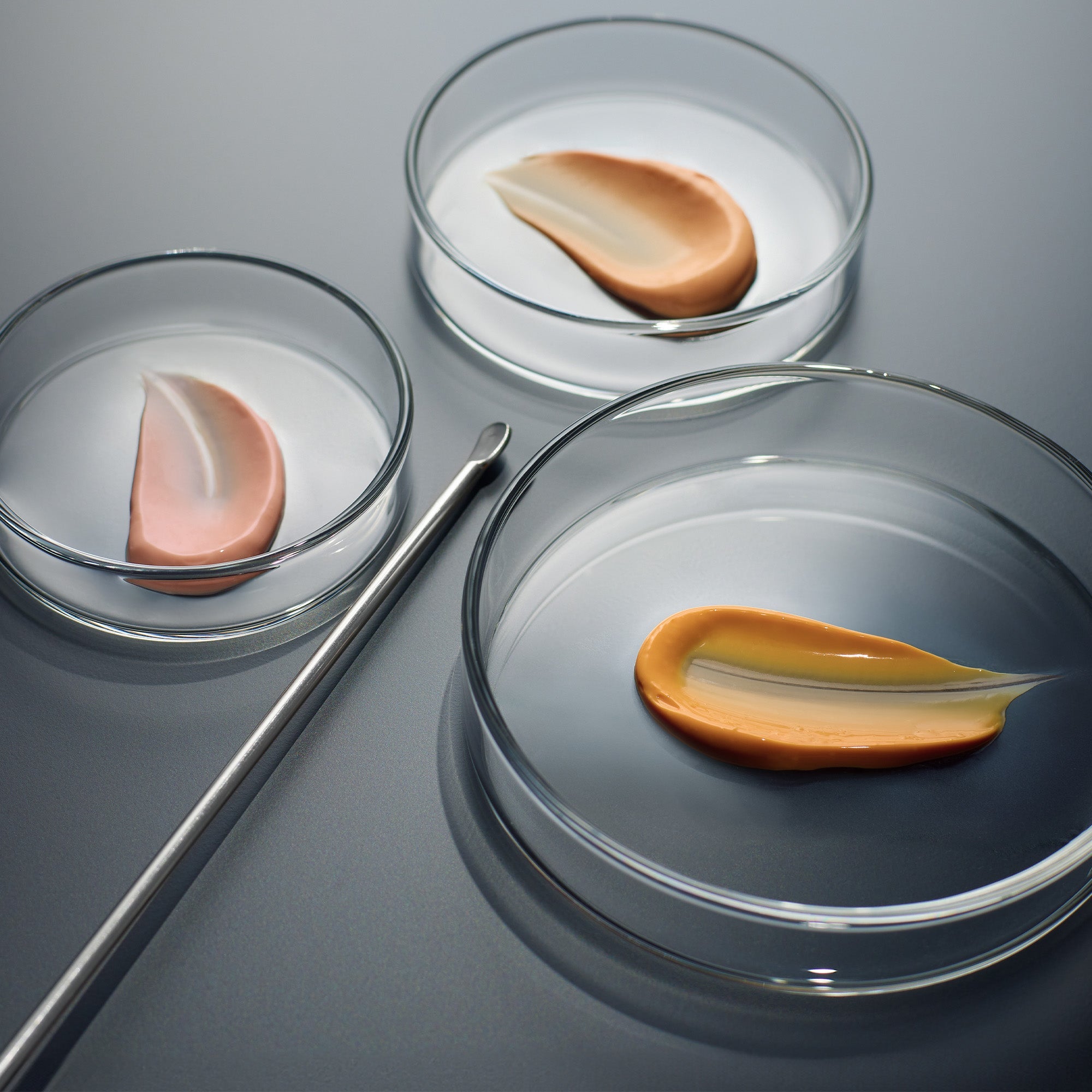
Retinoids
Retinoids, including retinol and retinaldehyde (retinal), require careful consideration when combined with other active ingredients due to their potential to irritate. Medik8’s pioneering CSA (Vitamin C, Sunscreen, and Vitamin A) Philosophy recommends using retinoids at different times of the day than other active ingredients, such as vitamin C, to minimise adverse reactions. This involves using vitamin C and sunscreen in the morning, followed by retinoid in the evening, ensuring both ingredients can deliver optimal benefits without compromising skin tolerance.
Results
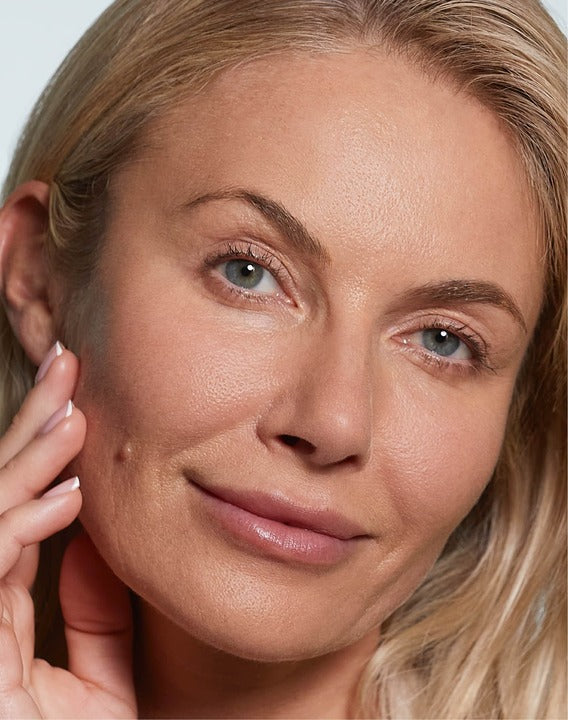
Bakuchiol
Several studies have shown that bakuchiol can provide similar age-defying benefits to retinol, including stimulating collagen production, reducing the look of fine lines and wrinkles, improving skin texture, and evening out skin tone. Users typically begin to notice visible improvements within a few weeks of consistent use, with continued enhancement over time. As with all skincare, the length of time it takes to see results depends on several factors, including individual skin type, the concerns you’re targeting and how often you’re using it.
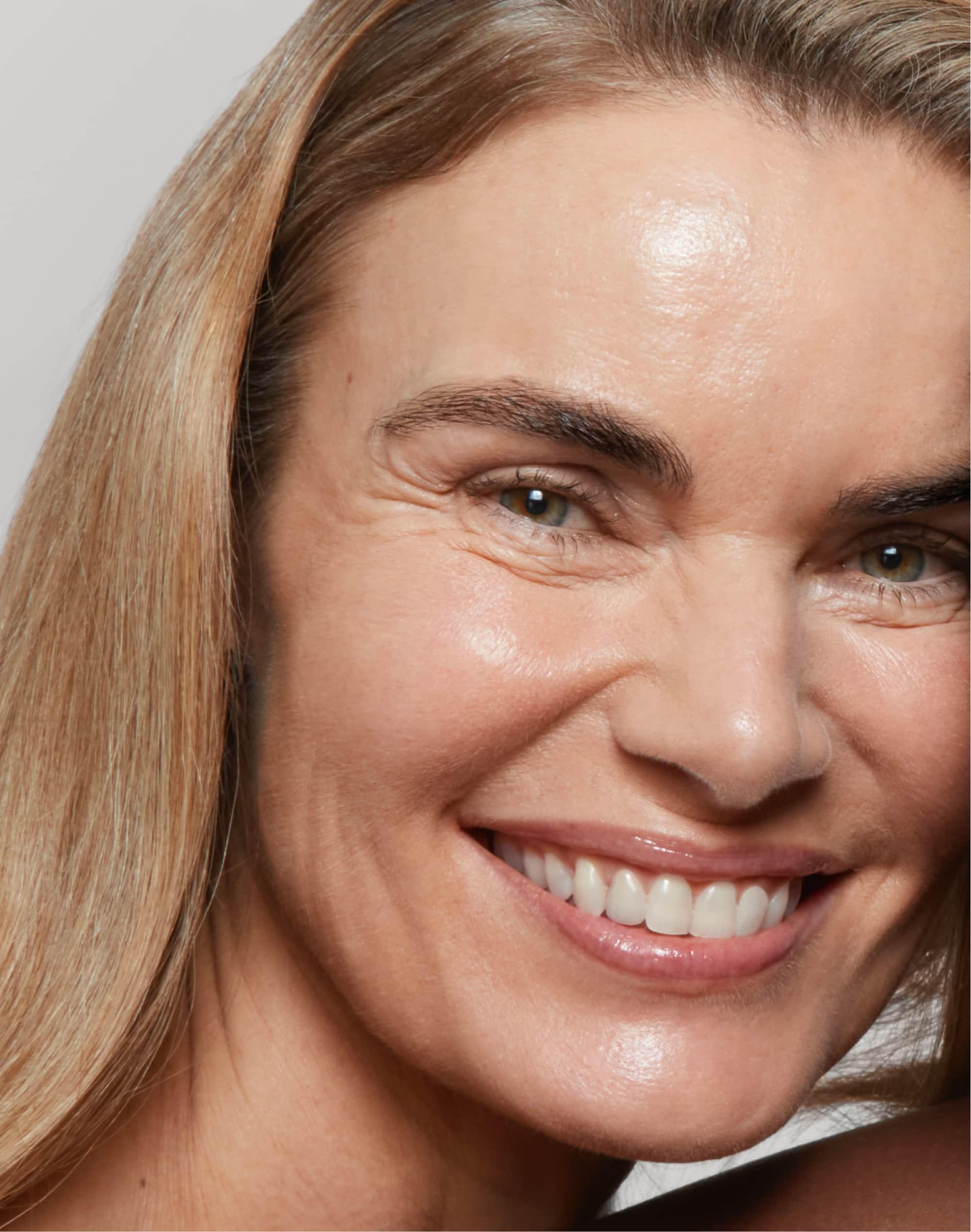
Retinoids
Make no mistake, retinal is always going to work more quickly and effectively – even in comparison to retinol (retinal works 11x faster than retinol*). Their proven effectiveness in reducing signs of ageing and managing acne compares to no other. Consistency in application is key to achieving and maintaining optimal results with retinoids.
So which one can you expect superior results from? While retinol is still considered to be the gold standard anti-ageing ingredient, bakuchiol is increasingly proving itself to be a valid alternative that can achieve comparable results, without the associated side effects.
Can I use retinol and bakuchiol together?
Yes, retinol and bakuchiol can be used together in a skincare routine. At Medik8 we believe that combining these two ingredients can offer complementary benefits, potentially enhancing the overall effectiveness of your skincare regimen. However, it's essential to proceed with caution to avoid irritation, especially if you have sensitive skin.
Medik8's Recommendation:
Introduce retinol and bakuchiol into your skincare routine gradually, carefully monitoring how your skin responds. While some individuals may benefit from using both ingredients simultaneously, others may find it more suitable to alternate between them on different days or apply them at different times of the day.
Boosting Results vs. Potential Irritation:
Using retinol and bakuchiol together has the potential to boost anti-ageing benefits, as each ingredient works through different pathways to improve skin texture and reduce wrinkles.
However, combining them may also increase the risk of irritation, especially if your skin is not accustomed to either ingredient. It's advisable to start with lower concentrations of each and gradually increase as tolerated, while always using sunscreen during the day to protect your skin.
In conclusion, while combining retinol and bakuchiol can be beneficial for enhancing skincare results, it's essential to listen to your skin's needs and adjust your routine accordingly to maintain skin health and minimise potential irritation.
So, is there one that is better?
When it comes to the battle between bakuchiol and retinol, the answer is not straightforward. Both ingredients have their strengths and cater to different skin needs and preferences.
Compatibility With Other Ingredients:
Bakuchiol wins here with its flexibility to be mixed with various active ingredients without irritating. Retinoids, while effective, require careful planning to avoid potential skin reactions.
Sunlight Exposure:
Bakuchiol is more stable under sunlight, making it a better option for day and night use. Retinoids should be used at night to prevent degradation and reduce the risk of irritation.
Skin Sensitivity and Irritation:
Bakuchiol is gentler and well-tolerated by sensitive and acne-prone skin. Retinoids can cause initial irritation and require a gradual introduction to avoid adverse effects.
Antioxidant Properties:
Bakuchiol has a broader antioxidant profile and additional anti-inflammatory and antibacterial properties, which makes it suitable for sensitive and acne-prone skin. Retinoids, particularly retinaldehyde, also offer antioxidant and antibacterial benefits.
Results:
Retinoids have a more extensive body of research supporting their efficacy in reducing signs of ageing and treating acne. Bakuchiol shows promising results and is a gentler alternative, but it may take longer to see significant improvements.
Ultimately, the best choice depends on the user’s skin tolerance, goals, and budget. Not all active ingredients are suitable for every skin type, and it's essential to consider personal skin sensitivity and preferences. Retinoids may be more suitable for those seeking potent, well-researched anti-ageing solutions and do not have any specific reasons to avoid them. However, for those with sensitive skin or those looking for a natural alternative, bakuchiol presents an excellent option that delivers results without irritation.
In conclusion, while retinoids may come out ahead in terms of research and potency, bakuchiol offers a gentler, more flexible alternative for achieving healthy, youthful skin.
FAQ's
Retinol is generally considered more effective due to its extensive research and proven results in reducing signs of ageing and treating acne. However, bakuchiol offers similar benefits with less risk of irritation, making it a great alternative for those with sensitive skin.
Bakuchiol is a plant-based alternative to retinol, known for its gentler action on the skin. It is less likely to cause irritation, redness, or peeling, making it suitable for sensitive or acne-prone skin types. Additionally, bakuchiol is stable under sunlight, allowing for more flexible use.
Yes, retinol and bakuchiol can be used together in a skincare routine. Combining them can enhance anti-ageing benefits, but it's important to introduce them gradually and monitor your skin's response to avoid potential irritation.
When using both in a routine, it is generally recommended to apply bakuchiol first due to its compatibility with other ingredients and follow with retinol. However, alternating their use on different days can also be effective.
Yes, you can use bakuchiol in the morning and retinol at night. Bakuchiol is stable under sunlight and won't degrade, while retinol is best used at night to prevent UV-induced breakdown and potential irritation.
While bakuchiol is gentler than retinol, it's still possible to overuse it. Applying it too frequently or in excessive amounts can lead to mild irritation. It's best to follow product instructions and monitor your skin's response.
Bakuchiol can help improve skin firmness and elasticity over time, similar to retinol. By stimulating collagen production and promoting cell turnover, bakuchiol can contribute to a tighter, more youthful appearance.
